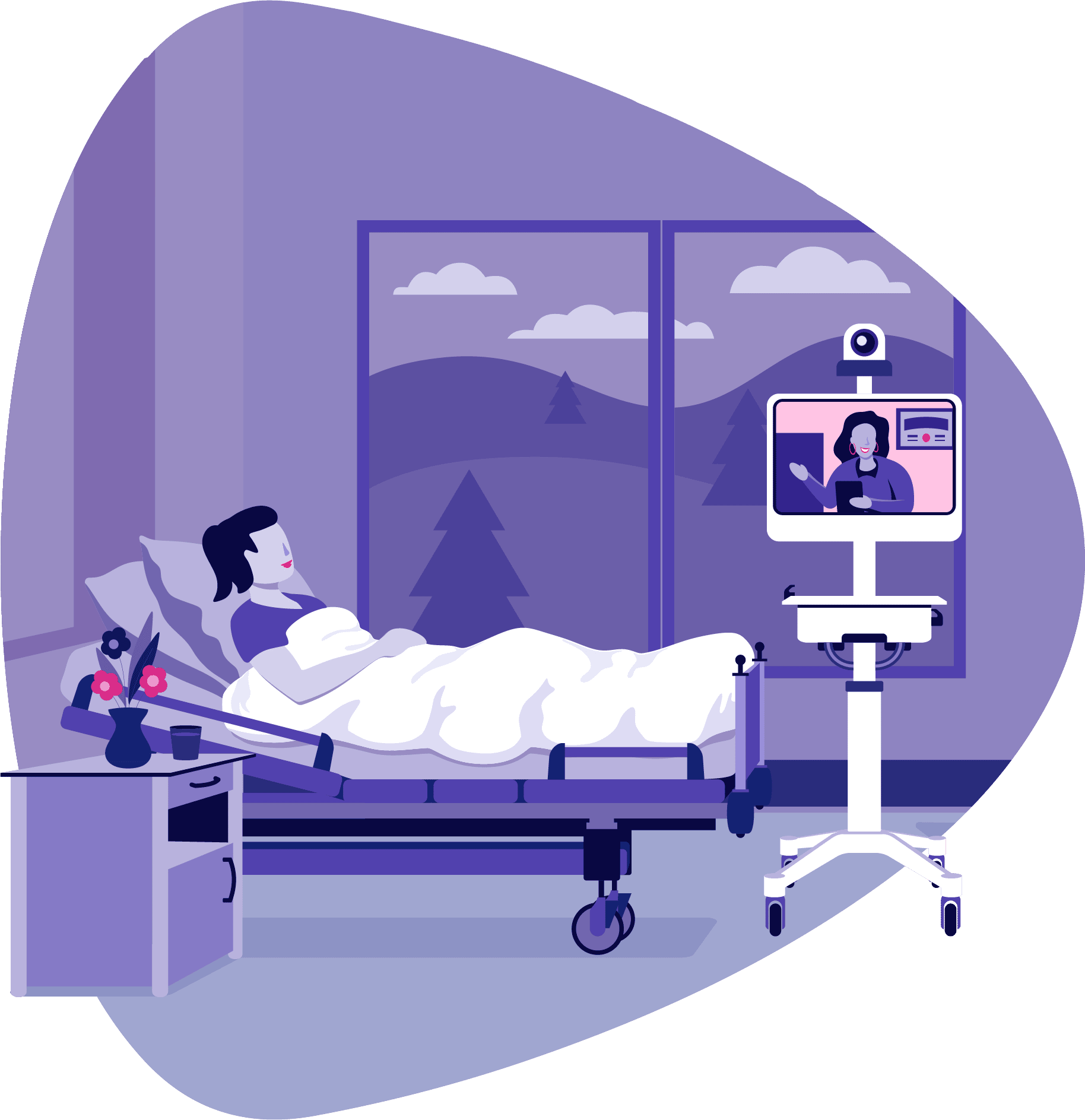Why I Prescribe Pokémon Go for my Patients
This week, the parent of one of my patients asked me about Pokémon Go. She was concerned with her child’s obsession and felt like this could lead to social or emotional problems. Electronics, like most things, are good in moderation – but Pokémon Go isn’t your average video game. Unlike games that keep people glued to the couch, Pokémon Go requires people to get up, move around, and interact with others. What that means to me as a child psychiatrist is that it comes with a variety of health benefits. Exercise is as good for the brain as it is for the rest of the body. I’ve seen people walking, riding their bikes, and finding more excuses to get outside because of Pokémon Go.
It’s providing a segue for people to connect. Some of my patients find it easier to meet with people by using technology as an ice-breaker, and Pokémon Go has created a way for them to mesh the virtual world and the real world. It’s providing a positive way for them to be more social, which – guess again – is a big booster for your mental health! The world of Pokémon Go involves teams working together to achieve a common goal ― all while getting Vitamin D, fresh air, and exercise.
Pokémon Go shares many similarities to recommendations that psychiatrists and therapists employ to help our patients improve their mental wellness. Behavioral Activation is a type of therapy based on B.F. Skinner’s initial psychological studies and is grounded in the idea that our behaviors and thoughts are intimately linked. For example, in depression there is a negatively reinforcing cycle between our thoughts (such as “everything is awful” and “I couldn’t do that even if I tried”) and our behaviors (such as isolating ourselves and staying inside all day).
The goal in Behavioral Activation is to try and break this negatively reinforcing cycle. I know this is an oversimplification (and I’m sure to get some critical e-mails from psychologists for this one), but the theory behind Behavioral Activation is pretty much, “If you go out and be active with friends and have fun – you’ll feel better.” Well, Pokémon Go encourages people to do just that.
Pokémon Go is also a great example of how to put a positive spin on the obsession society has with screens. Most people focus on the negative impact technology can have on young people: constant texting, Netflix binge-watching, and being consumed by social media. These behaviors come at the expense of focusing inward and losing a more intimate connection with peers and families. However, Pokémon Go encourages people to come together and interact in a genuine and fun way that is conducive to building healthy relationships.
Of course, this piece wouldn’t be complete without your typical doctor warning. PLEASE PAY ATTENTION TO YOUR SURROUNDINGS WHILE YOU ARE PLAYING POKÉMON GO! Seriously, there are no re-spawns or potions in real life ― be mindful of traffic and your environment at all times.
In summary, Pokémon Go can bring people together and break down boundaries. It can also serve as a healthy way to improve your mood and get some exercise. If you are curious, I encourage you to get together with some of your friends and family and give it a try. If you pass someone else that is exploring our beautiful world and trying to catch them all, stop and wave hi – the Pokémon community tends to be a friendly and welcoming bunch. And when you get back home and are recounting tales of the legendary Pokémon that just barely got away, you can be the judge of whether you feel a little bit better from the experience.
Oh yeah… one more thing… GO TEAM VALOR!
About the Author
Dr. Tarik Shaheen is a double board-certified psychiatrist with specialized fellowship training in treating children, adolescents and their families. Dr. Shaheen is founder and CEO of Iris Telehealth, an innovative telepsychiatry company with a mission to provide underserved communities with access to the best mental health care possible. For more information, contact media@iristelehealth.com.

